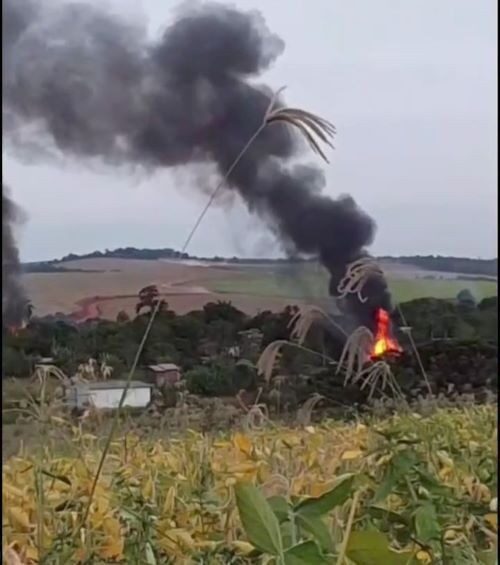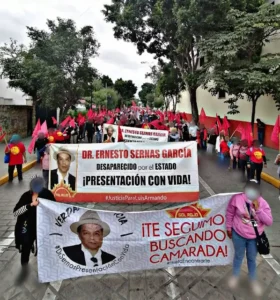
Brazil: Opportunistic Chieftain Linked to Paramilitaries and Latifundium
On the morning of Thursday, August 28, the Federal Police (FP) carried out a police operation in which 22 search and arrest warrants were executed against the opportunistic chief José Honorário Nascimento, according to an article published by A Nova Democracia (AND). They were looking for evidence of the opportunistic chieftain’s links to paramilitary gangs and latifundium, and he is accused of receiving weapons from criminals and hiring goons to defend his interests.
AND has previously reported on the resistance against the opportunistic leader in the service of latifundium and the resistance of the Kaingang people’s peasants against his attacks:
The opportunistic leadership of this community located in an Indigenous Territory (TI) has been headed by the family of the current opportunistic chieftain, José Honorário, for more than 40 years. AND reports that “in March, a conflict broke out in the Indigenous Territory (IT) after the Kaingang resistance rebelled against José Honorário’s caudillo group and declared a new chiefdom, a [Translator’s note: a new community leadership].” Land that should belong to the community was leased by the chieftain and his family, who pocketed the economic benefits of these leases as if they were their property. At the time, the FP ignored the problem and argued that such accusations were “a conflict of interest between the indigenous people.”
AND explains that the operations carried out in the area “serve mainly to dismantle the indigenous organization, especially the more combative sectors, and to promote violence against the indigenous people themselves, often in collusion with paramilitary groups.” The same thing happened with the murders of a Kaiowá woman and her two children and the attacks against the Avá-Guaraní in Paraná, all of which were ignored by the police. The repressive forces claimed that these were all “internal conflicts.” If you would like to learn more about these events, you can read the articles we wrote about them months ago:
AND concludes that “The situation demonstrates the intensification of the struggle for land in the State; for the Kaingang, as well as for the rest of the Brazilian people, outdated leaders who betray the interests of the people cannot continue to govern in the same way, because the people no longer accept being governed in this manner. The indigenous struggles for land in Brazil, such as those of the Guarani-Kaiowá and Pataxó and Pataxó-Hã-Hã-Hãe peoples, who even under siege and threat of genocide continue their recoveries, are shining examples that illustrate the only path for the peoples toward the conquest of land and national liberation.”

